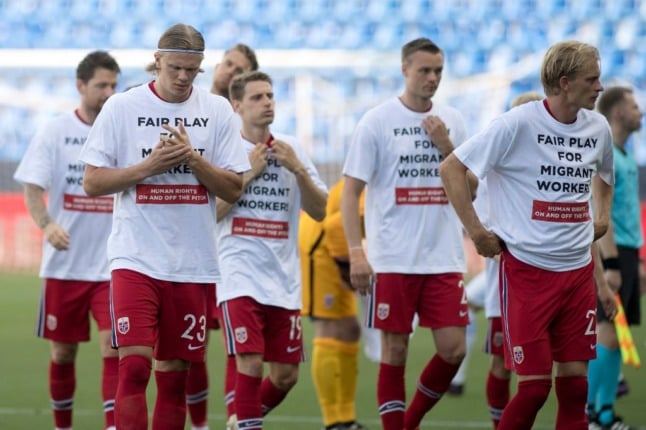Eriksson said he was watching one of the team’s matches in London when he was first contacted by Ivory Coast football officials.
“The president of the Ivory Coast football federation was there and asked me if I had a job. I said no,” Eriksson told Swedish public television SVT.
“Some days later he rang and said: ‘Coach us during the World Cup then?’ I said yes. I didn’t need any time to consider it.”
Eriksson, 62, guided England to the quarter-finals of the 2002 and 2006 World Cups.
He told SVT he had met many of the Ivory Coast team’s stars in London and would scout the country’s domestic players in an April 11th exhibition match.
Eriksson added he would count on fellow Swedes Tord Grip, a long-time assistant, and Benny Lennartsson as assistant coaches.
“Benny will be a coach and translator. He speaks French, which is really important,” he said.
Eriksson’s last job was as director of football of English League Two side Notts County, but he quit in January when the ownership of the club changed hands.
Before that he spent a turbulent 10 months in charge of Mexico.
Ivory Coast, who boast Chelsea striker Didier Drogba amongst their stars, are in Group G at the June 11th-July 11th World Cup finals in South Africa along with Brazil, Portugal and North Korea.


 Please whitelist us to continue reading.
Please whitelist us to continue reading.
Member comments